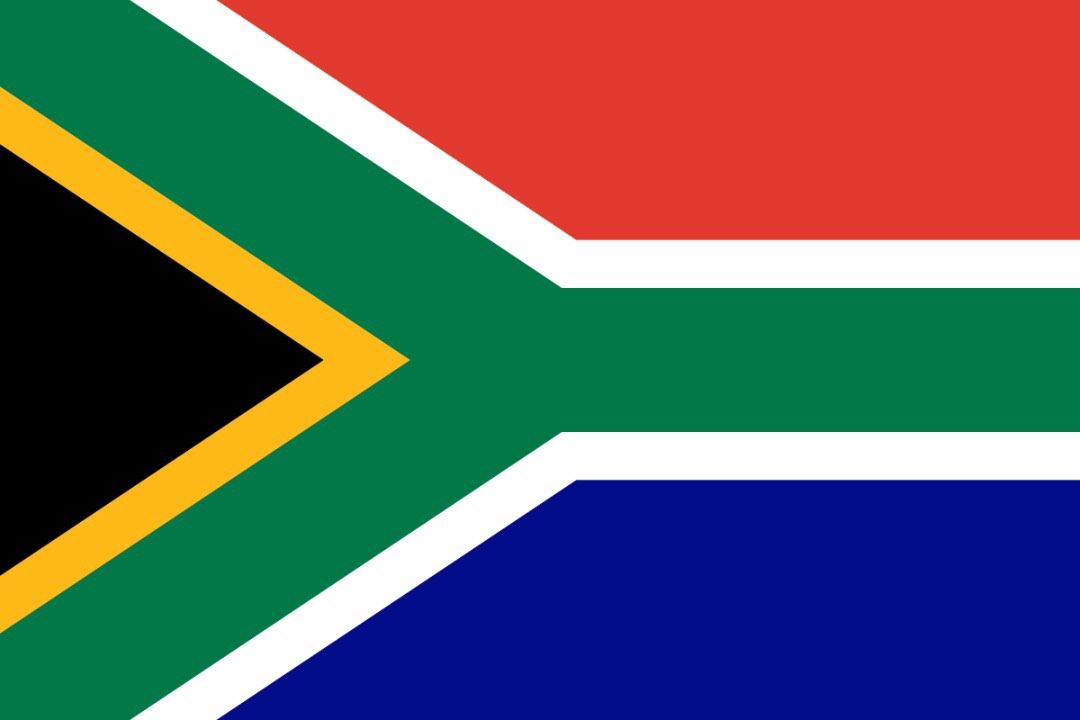South Africa Collaborates With the DRC to Advance Tech

12 days ago, we likened South Africa to the Sirius of the Southern region. The article posited how South Africa could project digital services to the rest of the region through collaborations and expansions. Without a doubt, Africa’s most developed economy is capable of catalyzing development through the Southern region of the continent due to the sustained high-level digitalization the country has experienced over time.
In today’s announcement of a partnership to advance scientific and technological ties with the Democratic Republic of the Congo (DRC), South Africa demonstrated its strength among its peers. This occurs at a time when the nation has identified science, technology, and innovation (STI) as essential to improving its socioeconomic circumstances and opening up new business opportunities.
SA and the DRC will collaborate to build cooperative scientific and technological initiatives and programs that will be collaboratively carried out by relevant professionals from the two countries, according to a Department of Science and Innovation (DSI) release.
Both the DSI minister, Dr. Blade Nzimande, and the DRC’s minister of scientific research and technical innovation, Maître José Mpanda Kabangu, signed the collaboration agreement. According to Nzimande, the collaborative action plan would concentrate on important areas of interest. These include the management of intellectual property rights, high-performance computing, space science and technology, agriculture, mining, and geosciences, as well as renewable energy sources and water.
Nzimande believed that collaboration in the fields of space science and technology would aid in the early detection of dangers and the development of technological solutions that would bolster military and defense systems, promoting peace and security throughout Africa.
“Intellectual property management, high-performance computing and technological innovation are three cross-cutting areas that will play a critical role in socio-economic transformation. For example, managing the intellectual property rights of innovations developed by Africans would secure ownership and facilitate commercialisation and the development of industry.”
As a result of the potential of the Inga Dam in the DRC and SA’s investment in hydrogen technology as part of its renewable energy program, he further emphasizes that the cooperation may be able to assist in resolving the continent’s energy crisis.
Kabangu continues that he continues to be convinced that this type of win-win partnership will result in fruitful exchanges between Congolese and South African researchers, as well as twinning between Congolese and South African research institutions. He noted that the practical terms and activities of the partnership will be defined through periodic action plans.
Nzimande also praised the DRC’s receiving technical training from the Centre for High-Performance Computing.
“This will help build the DRC’s capacity to manage big research data and strengthen the country’s national system of innovation.”
The DSI minister emphasizes that institution-to-institution cooperation is essential for activities carried out in accordance with the agreement and emphasizes that it shouldn’t be viewed as merely a gesture of goodwill but rather as a facilitator of collaborative projects and programs in response to urgent challenges.
